Share This:
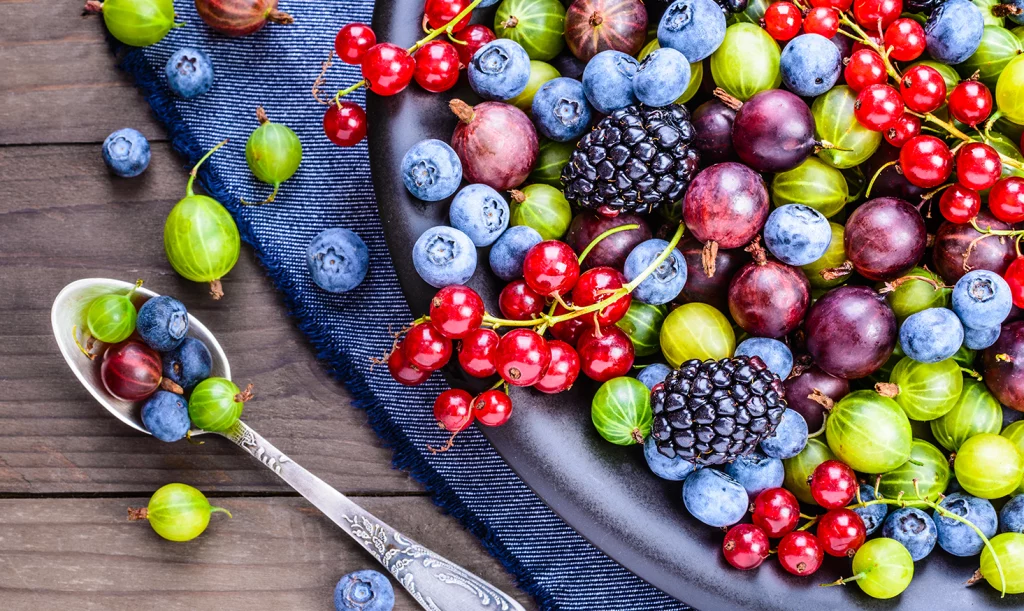
“One of the purported benefits of green tea is that of its antioxidant property possibly playing a role in the reduction of cancer risk,” I said in Mandarin, as the cameras rolled on.
I tried to stay focused as curious onlookers peered through the wide glass windows of the temporary film studio. But alas, my momentary loss of concentration triggered a re-shooting.
This took place while I was filming a Mediacorp channel-8 television program with artist Xiang Yun last month.
On the programme, I had the opportunity to discuss and debunk many of the popular myths surrounding the topic of cancer. I also got to share my pet hobby, Chinese tea ceremony, with the audience.
Xiang Yun flashed me a gentle smile of encouragement and shared a few tips on keeping one’s focus when filming.
I went on to demonstrate the cooking of a famous dish from the Zhejiang province of China, stir-fry prawns with Longjing tea leaves.
The theory of antioxidants playing a role in cancer prevention is a popular one. There exist a body of scientific evidence to suggest that the chemical process of oxidation occurring in our bodies may lead to damage of the normal cells causing them to mutate and transform into cancer cells. Antioxidants counter this potentially harmful process of oxidative damage.
Naturally occurring antioxidants can be found in abundance in food such as green tea, fruits and vegetables.
Health benefits aside, I am fond of Chinese tea because I find it refreshing and helpful in concentrating the mind. The steps in Chinese tea ceremony and tea appreciation also have a calming effect. Tea ceremony creates an oasis of serenity and solitude in the busy-ness of everyday living.
But is there any truth to the antioxidant theory of green tea, fruits and vegetables reducing cancer risks?
Coincidentally, at about the same time as my filming, Dr James Watson, the Nobel laureate who discovered the structure of DNA- the building blocks of life, widely revered as a giant amongst scientists, published his theory that antioxidants are responsible for the development of resistance in cancer to treatment with chemotherapy and radiotherapy. His theory also highlighted the possible role antioxidants play in helping cancer to metastasize, or spread through the body. Dr Watson regards his theory as among his most important work since unravelling the structure of DNA and wonders aloud whether antioxidants are more likely to cause cancer than to prevent cancer.
Nevertheless, a number of cancer patients of mine have great faith in the anticancer theory of antioxidants.
Mr T, a Malaysian Chinese gentleman in his late fifties, unfortunately, suffered from cancer of the large intestines. On the strong recommendation of his friends, he skipped Western medicine and started on what he described as a “juice diet”. He took several litres of freshly squeezed fruit juice every day as the mainstay of his anticancer therapy, firmed in his belief that the antioxidant properties of the fruit juice would improve his condition of cancer. He began to sense that all was not well when the pain he experienced gradually increased. Equally troubling was his observation that he was losing the ability to voluntarily control his bowel movements and became incontinent, soiling himself every day.
Thankfully, I managed to salvage the situation in time with a chemotherapy regimen that I put together for him and he is now in remission. Other patients of mine have adopted fruit and vegetable juice diets during their chemotherapy treatment in an attempt to improve the treatment results, or, after their chemotherapy treatment in an attempt to prevent a relapse.
Time and again, I have pointed out the lack of scientific evidence supporting such beliefs. The lack of evidence stems not from the lack of an open mind or lack of effort on the part of cancer scientists to investigate such theories. Countless large-scale clinical trials designed to prove the cancer preventive properties of antioxidants have fallen flat on the face.
If you are thinking of taking up Chinese tea appreciation as your new hobby, I highly recommend it. I can’t assure you of the anticancer properties of Chinese tea, but I can attest to the mind calming effect of Chinese tea ceremony. And, it reminds us that the best things in life, are often the simple things in life.
Dr Wong, medical director of The Cancer Centre, a subsidiary of the Singapore Medical Group has been looking after cancer patients for the past 16 years. He was a Lim Boon Keng and Tan Siak Kew scholar of NUS. Dr Wong concurrently holds the appointment of Adjunct Clinician Scientist in A*STAR.
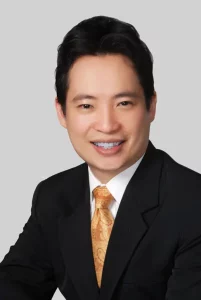
At The Cancer Centre (TCC), Dr Wong Seng Weng and his medical oncology team are focusing their expertise on implementing preventive measures, actively conducting screening and providing innovative, targeted treatments for adult cancers, as well as using proven technologies to ensure optimal patient safety and comfort.
Dr Wong, a visiting consultant medical oncologist at Mount Elizabeth Hospital (Novena) and Mount Elizabeth Hospital (Orchard), holds the appointment of Adjunct Clinician Scientist at the Institute of Bioengineering and Nanotechnology in the Agency of Science, Technology and Research (A*STAR). He is also an active member of the American Society of Clinical Oncology, European Society of Medical Oncology and Singapore Society of Oncology.
Share This:
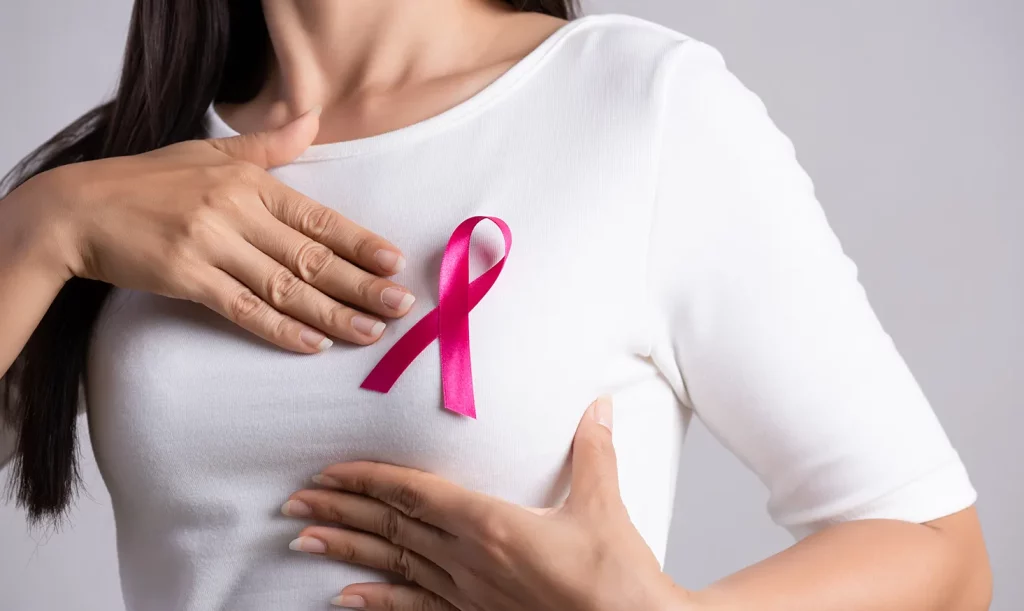
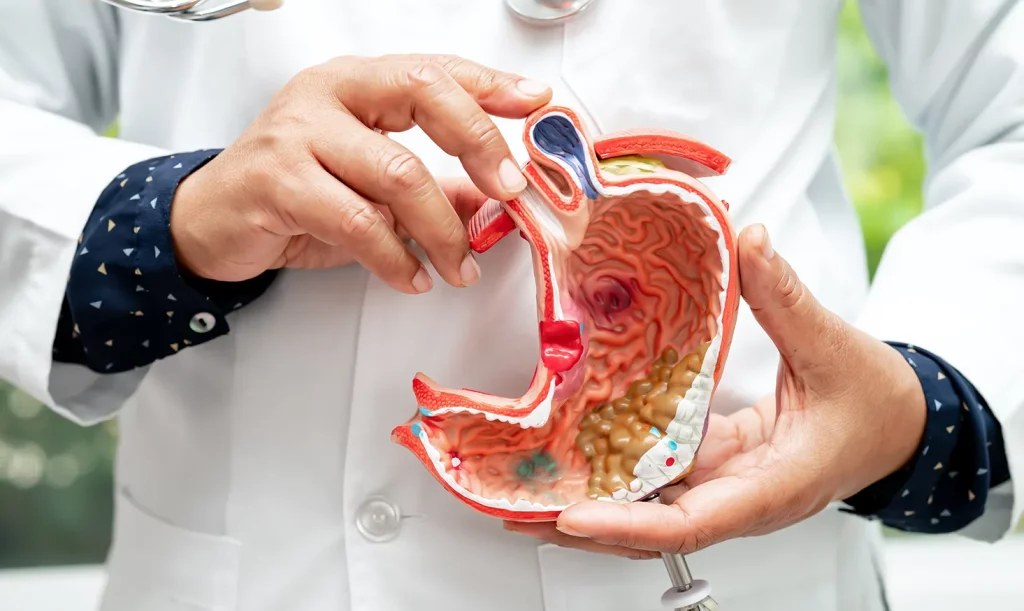

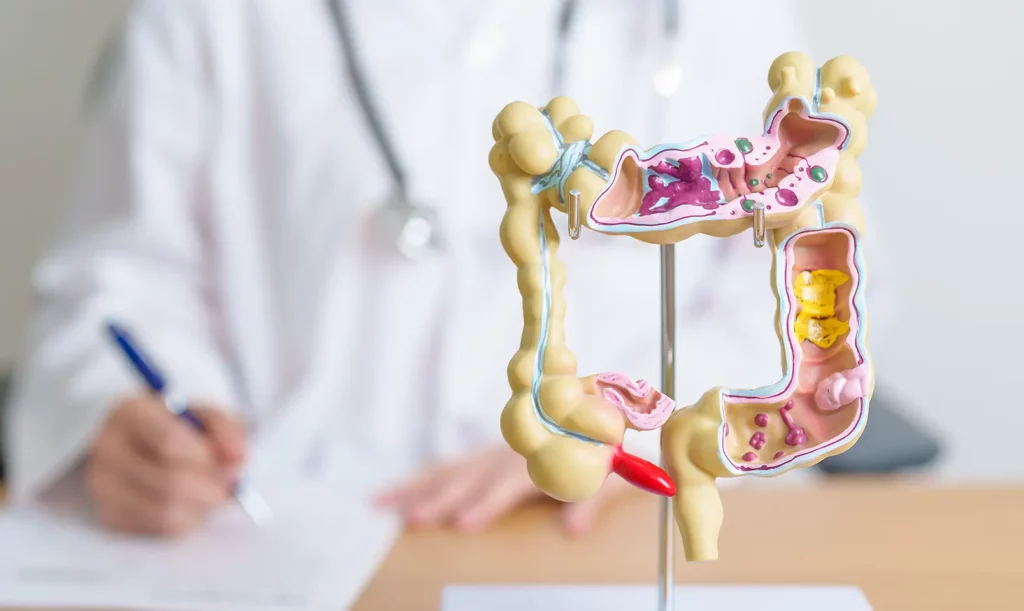
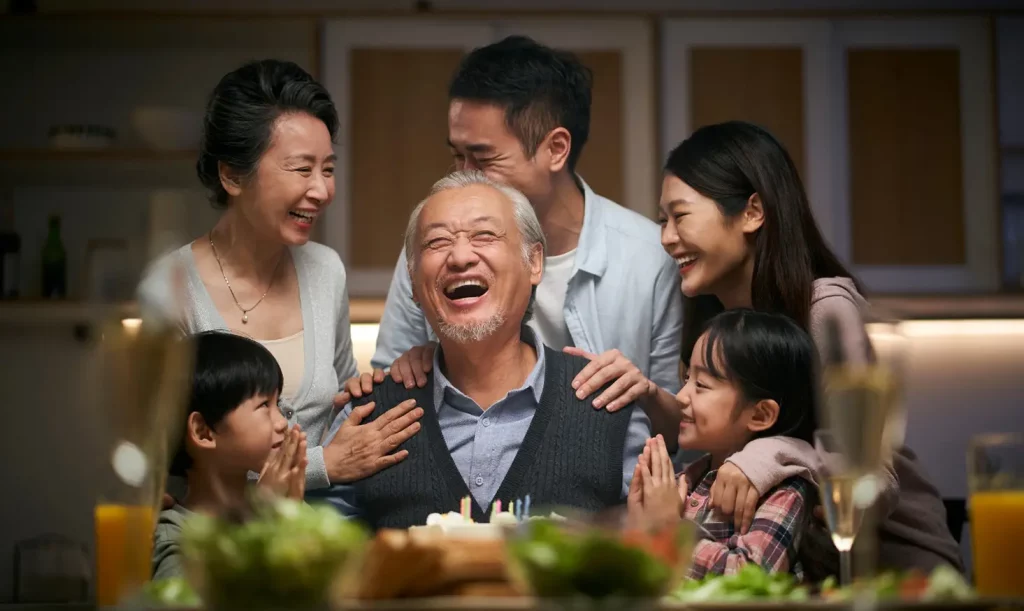


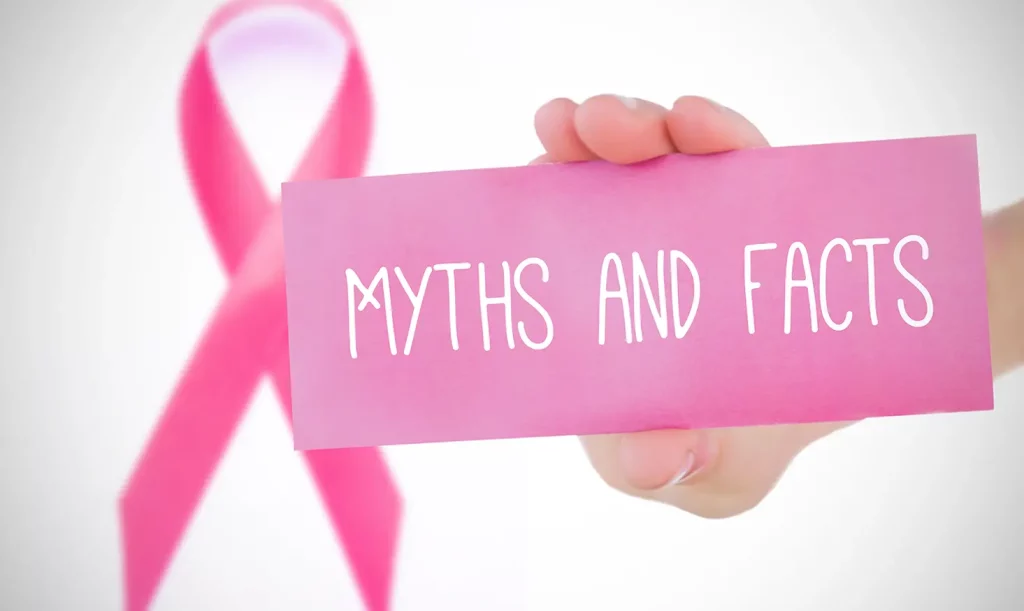
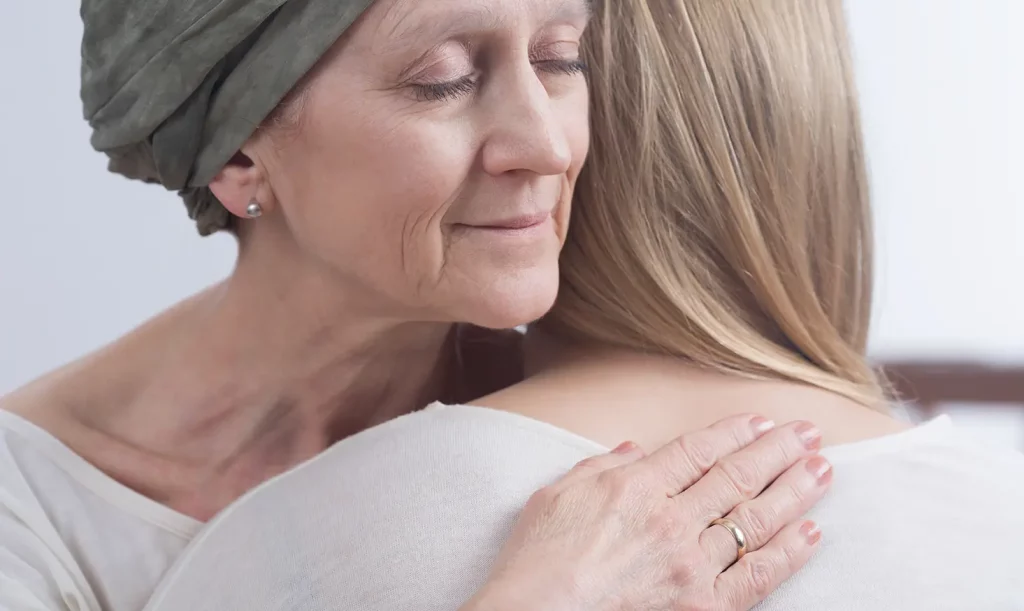
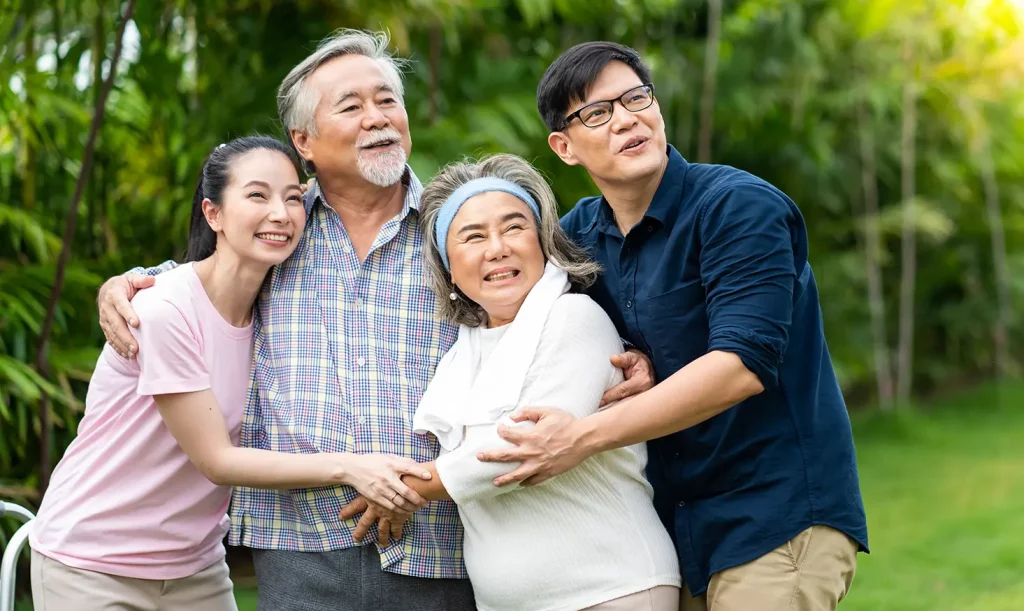

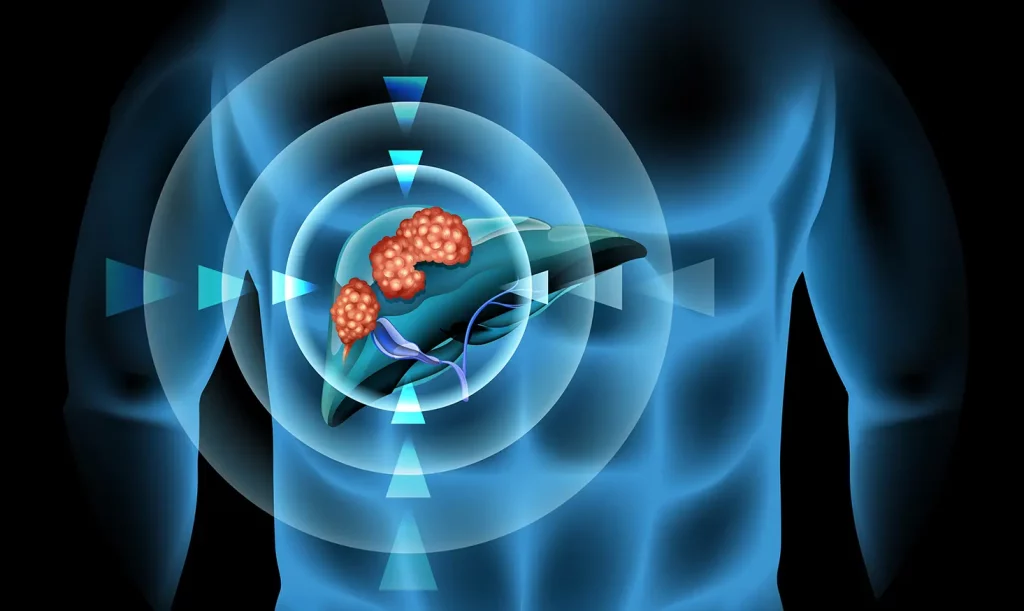

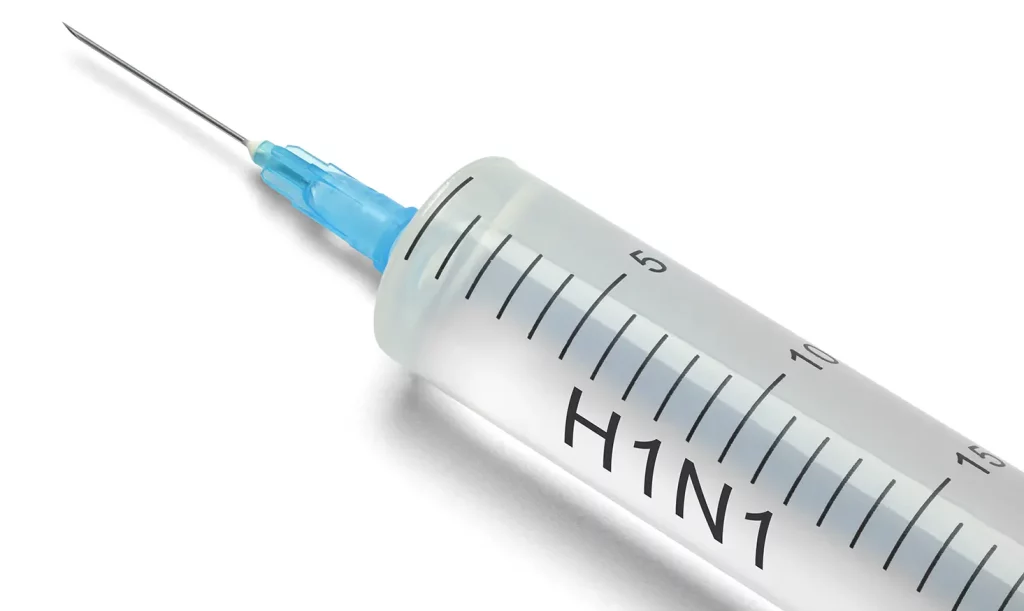




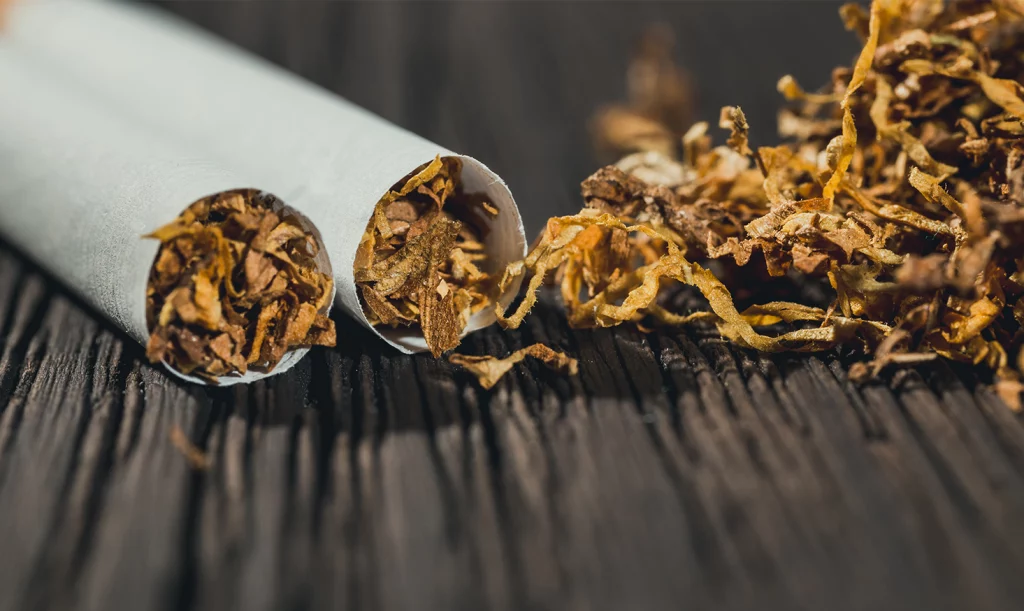
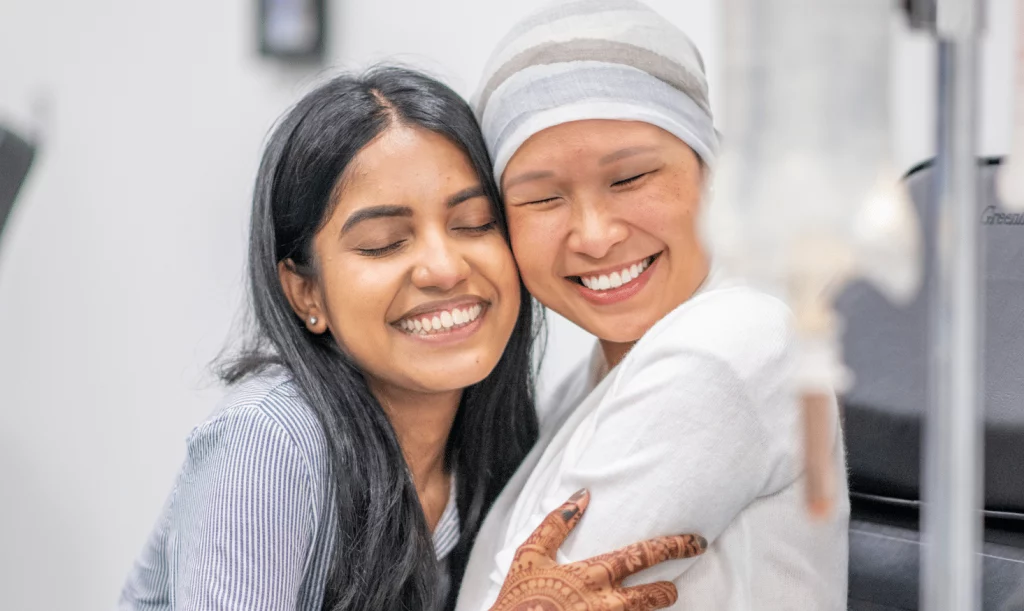
The Cancer Centre @ Paragon
290 Orchard Road #17-05/06
Paragon Medical (Lobby F)
Singapore 238859
The Cancer Centre @ Mount Elizabeth Orchard
3 Mount Elizabeth #03-04
Mount Elizabeth Medical Centre
Singapore 228510

BOOK AN APPOINTMENT
Incorporated in 2005, Singapore Medical Group (SMG) is a healthcare organisation with a network of private specialist providers across four established pillars - Aesthetics, Diagnostic Imaging & Screening, Oncology and Women's & Children's Health. Within Singapore, SMG has more than 40 clinics strategically located in central Singapore and heartland estates. Beyond Singapore, SMG also has an established presence in Indonesia, Vietnam and Australia. Learn about our privacy policy here.
